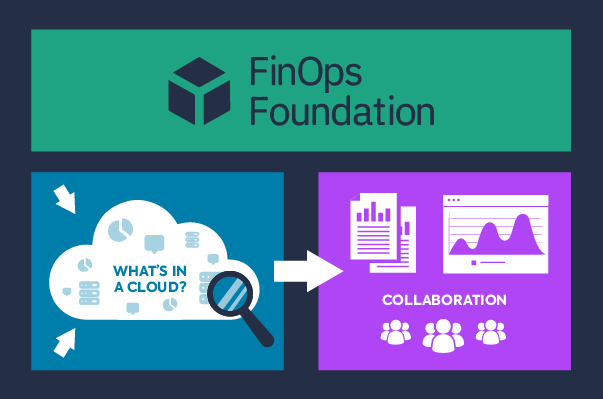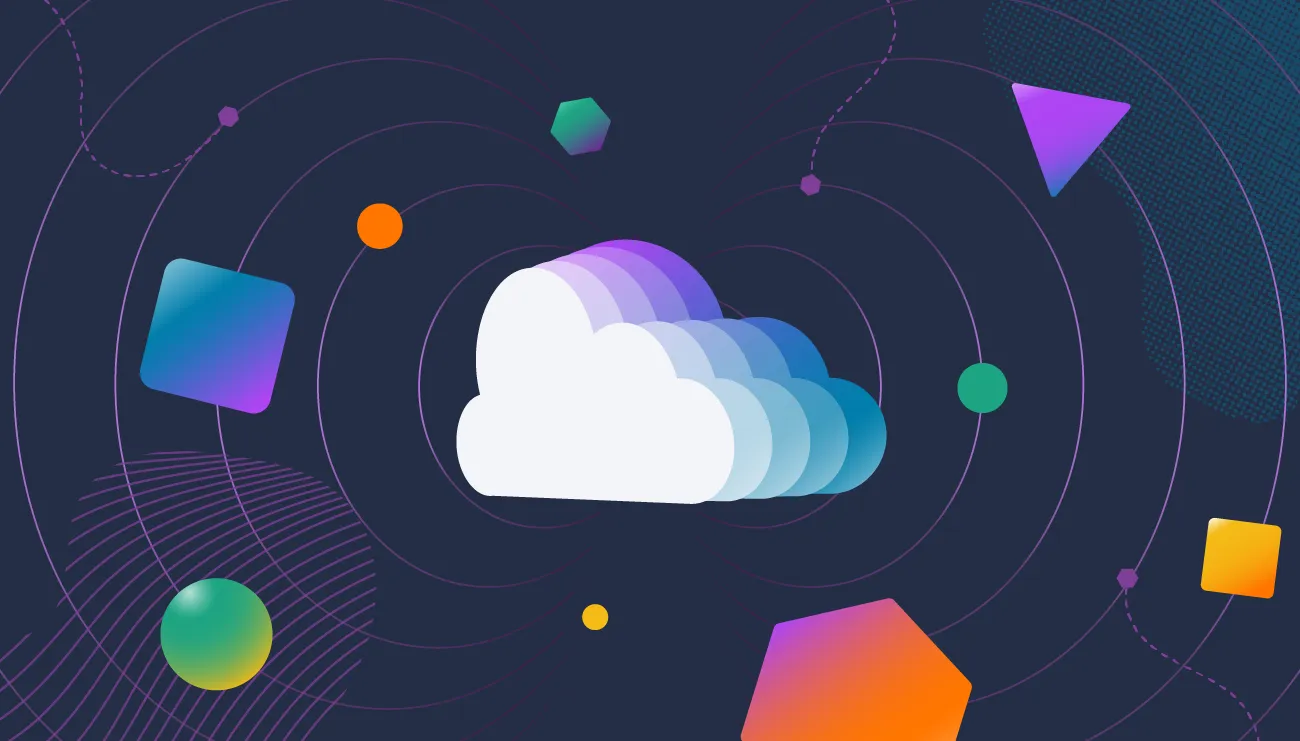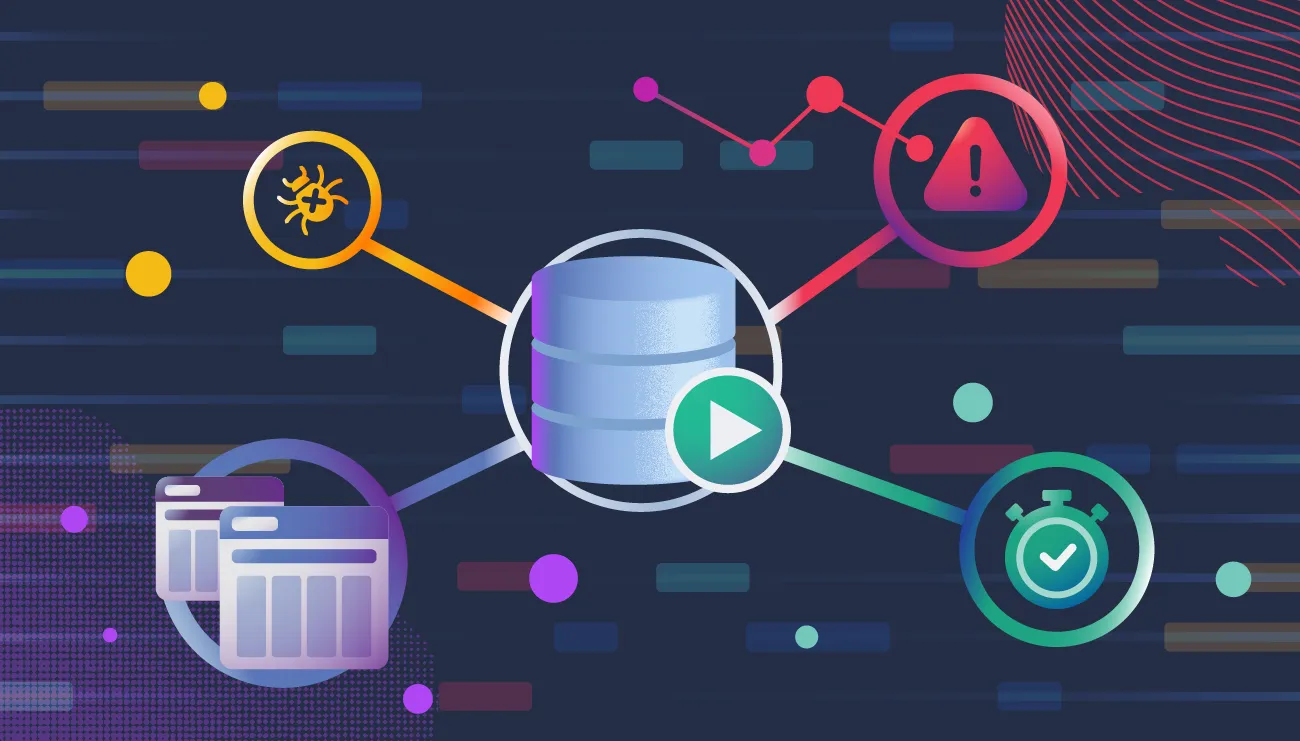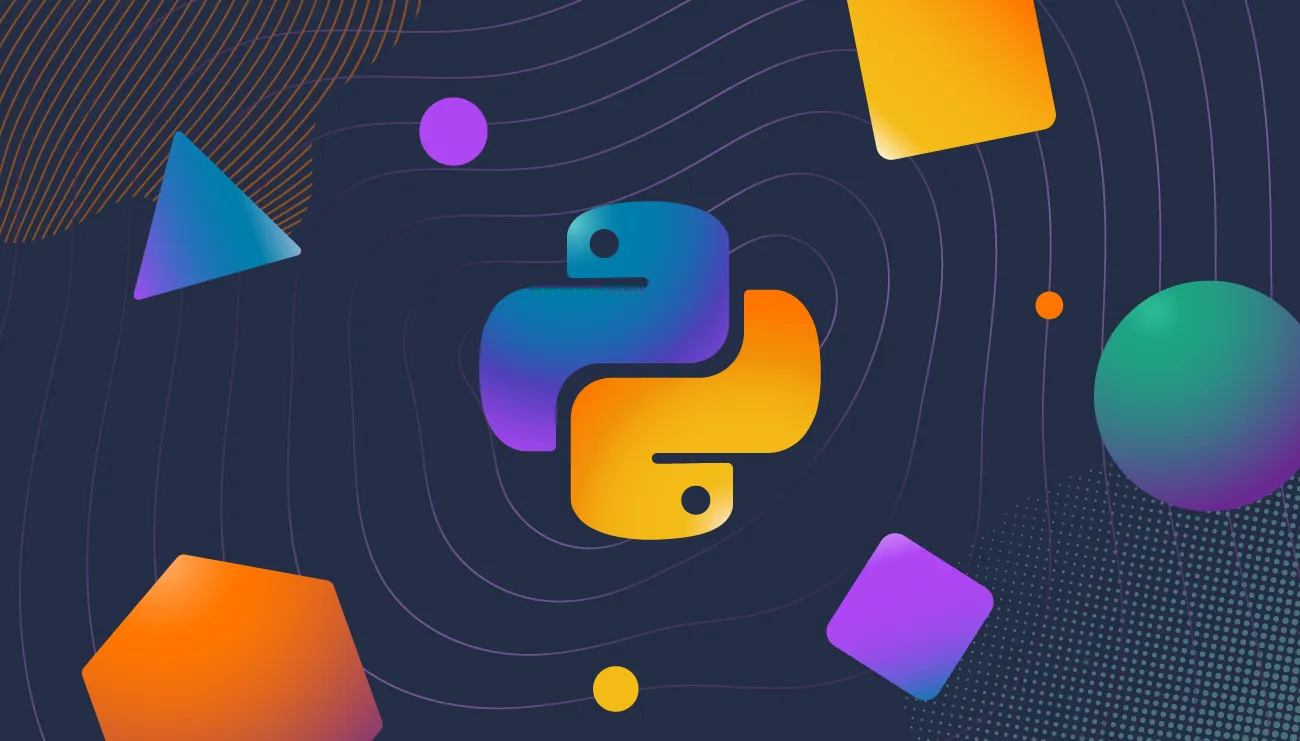Why I said YES to FinOps and why it might be your next move
Katarina Lukcic, Business Analyst
11 September 2025

So Fin so Ops!
A few months ago, I decided to change my career path, moving away from a banking-focused business analyst role into something new but not entirely different. That ‘something new’ turned out to be a business analyst position in the FinOps field. At first, it felt like I was stepping into a half familiar world…having a financial background – Fin I could guess, but what’s Ops got to do with it?
FinOps, the fusion of finance and DevOps, is all about bringing transparency and efficiency to cloud spending. What started as a way to manage public cloud costs has now evolved into a broader Cloud+ approach to managing technology spend. (Source: FinOps Foundation) FinOps framework is a flexible, scope-based model that helps organizations apply cost accountability wherever it is needed. Team collaboration and engagement are essential – engineers, developers, analysts and finance professionals must work together across different domains to turn data into decisions and align on shared goals.
And then, I found myself wondering: how can all these roles – each speaking their own language – collaborate effectively? The answer lies in the FinOps community itself. It’s actively building a shared language and evolving methodology so that everyone involved can collaborate and drive business value together.

Why FinOps feels like a lot to handle at first
FinOps is a multidisciplinary practice. It connects cloud engineering, finance and operations, each with its own language, tools and priorities. Handling all that at once can be overwhelming.
Diving into FinOps can seem challenging in the beginning, but you’re not alone. Everyone, no matter how experienced, once faced certain questions. Mine were:
What does this acronym mean? What does this term mean in the context of FinOps, amortization whaat? How do I even talk about cloud usage with finance?
Take your time, the good news is that you don’t need to master everything at once. FinOps is about progress over perfection, and it relies on collaboration. You learn by doing, asking questions and building bridges between roles. The key is to start small. Don’t pressure yourself to know everything at once. Instead, focus on understanding the fundamentals – cost allocation, tagging, forecasting, usage patterns and how they relate to business value. Step by step, it will become more understandable.
How to dive in
There’s plenty of content online that offers a high-level understanding of what FinOps is and why it matters, especially for businesses that rely heavily on the cloud. Whether you’re new to the concept or just curious, it’s easy to see why FinOps has become such a big deal.
A great starting point is the FinOps Foundation web page, a trusted hub for resources, best practices and community-driven knowledge.
If you’re looking for something more structured, I highly recommend the book Cloud FinOps by O’Reilly. For those coming from a business analysis background like me, here’s the best way I can describe it: this book to FinOps is what the Business Analysis Body of Knowledge, aka BABOK, is to business analysts. It lays out the framework, principles and practices in a way that gives you structure, clarity and direction. I’m still working my way through it.
There’s also a certification course that can help pull everything together once you’ve got a high-level grasp of the FinOps concept, offered by the FinOps Foundation.
From my personal experience, the most valuable part of learning FinOps has been the opportunity to ask questions, whether to colleagues or others working in the same space, and receiving thoughtful, valuable answers. That kind of open dialogue builds real understanding and helps you gradually develop the skills you need. I’ve been very lucky in that regard, and still am, to be learning from true subject matter experts who are incredibly generous with sharing their knowledge. That kind of mentorship and teamwork makes all the difference. FinOps isn’t just about theory, it’s about collaboration, sharing experiences and learning as you go!
Why it’s smart to ‘talk FinOps’ these days
If you decide to make a shift and land in the world of FinOps, as I have, it might actually be a timely move. According to Gartner, worldwide end-user spending on public cloud services is expected to reach $723.4 billion in 2025, a 21.5% increase over 2024. Add to that the forecast that by 2027, 90% of organizations will adopt a hybrid cloud approach. (Source: Gartner) Numbers clearly show that cloud is becoming central to modern business strategy. With more complex environments, more data in motion and more stakeholders involved, there’s increasing pressure to understand, manage and optimize cloud usage.
This is where FinOps steps in. As cloud costs rise, so does the need for financial accountability, collaboration across teams and continuous optimization. In a world where multicloud and AI are becoming a norm, the traditional separation between finance and IT just doesn’t work anymore. Many organizations are embracing the FinOps framework for a good reason. Investing in a cloud-agnostic FinOps tool is no longer just an option, it’s becoming a smart, strategic decision for managing complexity and driving cloud efficiency at scale.
Tips for Day One in FinOps
Every beginning is hard. But if you keep going, stay open and stay curious, you will get there.
So Fin, So Ops… and Still Learning
Stepping into the world of FinOps has been a refreshing experience. I’ve come to realize that FinOps isn’t a destination, it is a journey driven by collaboration, curiosity and continuous learning.
If you’re just getting started or thinking about making the leap, remember this: you don’t need to have all the answers. You just need the willingness to learn, ask questions and contribute.
So here’s to embracing the unknown, bridging gaps between roles and making sense of cloud costs one step at a time.
Related articles

With a tiered pricing model in the cloud, is it possible to use custom pricing in a multi-tenant setup?
December 11, 2025

Debugging in Oracle SQL sucks – unless you do this
November 13, 2025

Life beyond Java or: How I learned to stop worrying and love the Python ecosystem
October 16, 2025
%HEADING%
%INTRO%
